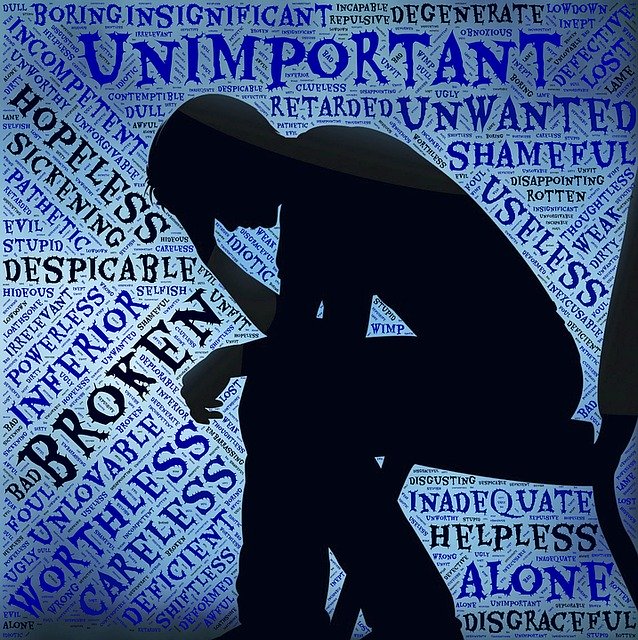In 2007, I was burnt out–physically exhausted, emotionally drained, and cynical about the future. The daily grind of the hospital had left me with tattered ends. Everyday seemed to be the same. There was little sense of purpose. I decided to make some changes. Vacation helped, but then I returned to the same daily grind. I decided to shift to an office-based practice with a more holistic approach to inspire me. Surely, more free time would also help.
I’m a recovering work-a-holic. I like to keep busy. It keeps the mind occupied. I filled up all the free time. Somehow, I managed to recreate my own daily grind. That feeling of exhaustion began to creep back in.
I eventually realized that I needed an attitude shift. I needed to sit still and take a hard look at my unconscious patterns.
Every profession has its challenges. Doctoring has its own pressures. I had been indoctrinated as a caregiver to give and give and give. It took awhile to find balance with self-care. Then increasing demands on time with charting and documentation began to suck even more time. The mountains of paperwork, results to review, prescriptions to refill, billing inquiries, insurance authorizations… an ever increasing demand on my time for things that have nothing to do with why I entered this career. The things that had given me satisfaction were overcrowded with the business of medicine.
Many doctors enter this profession to “attend” to their patients. The book, Attending: Medicine, Mindfulness, and Humanity by Dr. Ronald Epstein, MD, explains the added pressures that doctors face. Using his own personal stories, Dr. Epstein speaks to both laypeople as well as other physicians. He also offers a solution. As a primary care physician, he offers the unique perspective as a researcher on Mindfulness, stress reduction, and disease prevention.

The epidemic of burnout seems to be encroaching on many other professions. The promise of technology has not lived up to all the expectations of making life easier, but rather added different challenges. The cultural ideals of productivity, consumerism, and success has swallowed us whole.
My own journey has incorporated mindfulness practices. Workshops, therapies, and groups helped me face my unconscious patterns and work towards an attitude shift. I’m still working on that ever elusive path towards contentment and happiness.
Rediscovering Passion and Purpose
If there is one thing that has helped me in the past few years, it has been finding passion and purpose in the performance art of storytelling. At some point, I decided to put “work” into “playing” with this talent of storytelling as public performance. Finding passion and purpose has infused the other areas of my life, including doctoring. Healing comes to us in expected and unexpected ways–in medication and surgery, in diet and lifestyle changes, in listening deeply to someone, and even in the healing power of a story.
Balance work and play
School taught me to WORK, to be a productive member of society. However, school also taught me that PLAY is a waste of time. I did not learn to value play. WORK has indeed brought me many accomplishments, but sometimes at the expense of PLAY.
Attitude of Play
Do something just because it’s fun! Enjoy it! It doesn’t need to make money or create something useful. The enjoyment will slowly overflow into the rest of your life. Play creates the space to take risks and try something new without commitment. Play is self-directed. No one is forcing you to do it. Play gives you permission to try and fail and get up again without consequences. Play is freedom from judgment, especially self-judgment. An attitude of PLAY has opened me to more creativity, inspiration, and joy. Play has changed the way that I work.
In September 2019, Deb Jewett and I launched the first class of Rediscovering Play. We were so excited by our first graduates, but inviting people to a class on play is a challenge.
“What do you mean by play?”
The word “play” pushes people’s buttons. “That’s a waste of time!” In this workshop, we redefine play not as an activity that wastes time, but as a an attitude to make space for creativity, flow-states, and passion. The force of will alone leads to burnout. When we use play to tap into our passion, work becomes effortless. Work becomes play.
“What’s the use of play?”
In this workshop, we have learned to cultivate an attitude of play, find balance with an attitude of work, and uncover more joy in life.
Even scientists and business leaders, need a moment of inspiration to find creative solutions. Creativity is needed in all types of problem-solving. It is not just artists that need to access creativity.
We have two classes planned in 2019.
